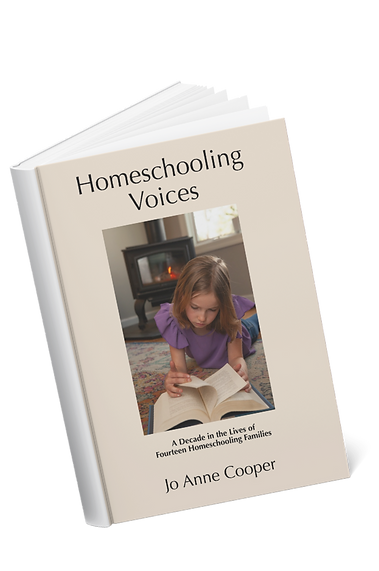
Alternative Approaches to Learning and Education
Off the Beaten Track
Why Off The Beaten Track
Education systems, like well-worn trails, weren’t always deliberately planned—they took shape as people repeatedly followed the same route toward goals that felt useful or necessary. Over time, just as a footpath hardens under constant use, so do schools. Some educational thinkers argue that traditional schooling remains stuck in a culture thousands of years old, resistant to change.
I like to think of alternative learning ideas as different paths, different ways to reach a variety of destinations. Alternative approaches to education are less established and predictable. Skirting established procedures of traditional schooling you search for new vistas, follow new paths or creep through uncharted country. You may run into unexpected swamps and dead-ends or you may discover sweeping landscapes, tumbling waterfalls, majestic mountains and exotic flora and fauna. The possibilities are endless.
"I've spent decades observing how people learn — especially outside traditional systems. This space is a collection of stories, research, and reflections for those curious about alternative learning paths."
.png)
Homeschooling Voices
A Decade in the Lives of Fourteen Homeschooling Families
How do families experience homeschooling over time? What motivates parents to choose this path, and how do their children grow and adapt within it?
In Homeschooling Voices, I present a decade-long study following fourteen homeschooling families, offering an intimate, research-driven look at their journeys. Through in-depth interviews and rich narratives, this book explores the diverse approaches, challenges, and triumphs of homeschooling—shedding light on topics such as curriculum choices, technology use, financial considerations, socialization, and long-term success.
What Is Alternative Education?
Alternative education encompasses various approaches that differ from traditional schooling, each honoring different philosophies about how children learn best.
Recent Blog Posts
These posts explore alternative approaches to learning and education, especially how they compare with traditional and cultural approaches. They also explore the diverse approaches, challenges, and triumphs of homeschooling—shedding light on topics such as curriculum choices, technology use, financial considerations, socialization, and long-term success.











